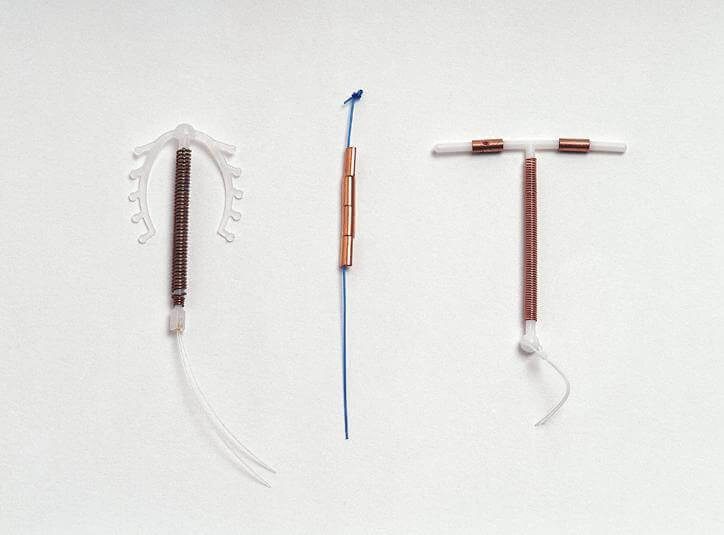Can You Donate Eggs on Birth Control? Everything You Need to Know

At Family Creations, we want to help you be prepared before applying to become an egg donor. While being on birth control is allowed when you apply to be an egg donor, certain types of birth control can be a problem. Read on to learn more about what disqualifies you from donating eggs, which birth control to avoid, and which methods are acceptable. Below are some of our most frequently asked questions about this topic.
FAQ #1: Can you donate eggs on birth control, such as Norplant or Implanon?

If you’re curious about what disqualifies you from donating eggs and you currently use Implanon or Norplant as your birth control, read this section and contact us with any questions.
Women using Implanon or Norplant can experience delays in egg donation for up to two months before being eligible to donate. These forms of birth control are also called implants and will require removal before we can begin the egg donation procedures. Once the implant is removed, your average hormone concentration typically returns within two weeks. Still, we recommend waiting an additional four to six weeks to ensure that your hormone production and fertility are at an all-time high before your doctor starts the stimulation cycle. It’s important to follow all medical advice to safely determine when you can donate eggs with an IUD, Norplant, or Implanon.
There is no need to switch or remove your birth control until you are ready to be screened.
FAQ #2: Can you donate eggs on birth control like Depo-Provera?

If you’re wondering what disqualifies you from donating eggs and you currently use Depo-Provera for birth control, read this section and reach out with any questions.
Depo-Provera is an injection style of birth control that significantly delays the timeline for egg donation. While Depo-Provera does not immediately disqualify you from donating eggs, we will ask you to discontinue it and contact us once the six-month waiting period is up. The first few months after you stop Depo-Provera are when you are at your lowest fertility rate. You’ll need to have periods at regular intervals before moving ahead with your egg donation.
FAQ #3: Can you donate eggs with an IUD?

If you’re wondering what disqualifies you from donating eggs and you currently use an intrauterine device (IUD) for birth control, read this section and reach out with any questions.
“Can you donate eggs with an IUD?” is a more complex question because there are two types of intrauterine devices currently in use to prevent pregnancies.
- Copper-based IUD devices are not contraindicated birth control for egg donors and can be left untouched during the donation process.
- A hormonal IUD will need to be taken out eventually, but the “when” varies from person to person. Some donors can leave this device in place until their medical screening.
The fertility doctor handling your care will provide clear instructions regarding when and how you can donate eggs with an IUD.
FAQ #4: Can you donate eggs on birth control such as “The Patch?”
If you need to know what disqualifies you from donating eggs and you currently use “The Patch” for birth control, read this section and reach out with any questions.
Most transdermal birth control patches will not disqualify you from donating eggs and don’t typically delay the procedure. After your initial screening, the doctor handling your care will provide instructions regarding the timing of your patches.
Following Egg Donation Procedures

The kind of birth control you may be using is just one aspect of what disqualifies you from donating eggs (potentially). The next step is to take several medications throughout the egg donation process, and being compliant with how and when you take the medication is vitally important.
Understanding What Disqualifies You From Donating Eggs

Once you’ve been screened, interviewed, and selected by a recipient parent, you are a qualified egg donor! You will begin the medication necessary to start the egg donation process. Once your cycle has been synced to the recipient’s, your doctor will begin fertility injections to stimulate the growth of multiple eggs. This injection is a shot you will give yourself every day. You will also start a low-dose pill-form birth control for 14 to 21 days. The recipient will also take birth control to synchronize your systems. You’ll both be ready to donate and receive eggs in just a few weeks.
Working with Family Creations
At Family Creations, we’ve been working with egg donors and intended parents for years. Many egg donors and intended parents have nothing but praise for their experience with us.
If you’re an egg donor on birth control and have additional questions we haven’t addressed, or if you’re wondering what disqualifies you from donating eggs, call us today. A team member will discuss what you can do to ensure you’re a top candidate for egg donation.
